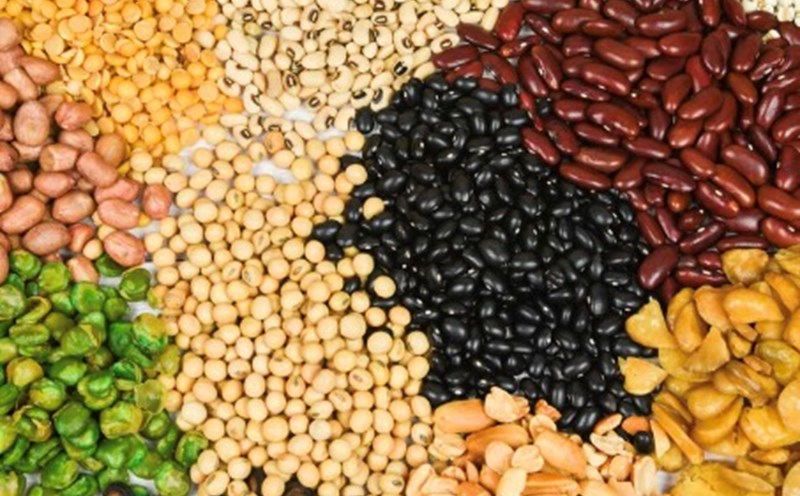Peanuts contain a lot of monounsaturated fats, especially oleic acid. This is a type of fat that can reduce bad cholesterol (LDL) and increase good cholesterol (HDL) in the blood. According to research, people who regularly eat peanuts or nuts rich in good fats have stable blood lipid levels and a lower risk of cardiovascular disease.
Eat peanuts properly to maximize the benefits of supporting blood fat reduction
First, you should eat unsalted roasted peanuts, not seasoned with sugar, not fried in oil. Additives and fried oil can increase cholesterol and saturated fat. Boiled or dried roasted peanuts are the best choice.
Second, eat in moderation. You should only eat about 2030g of peanuts (equivalent to a small handful) per day, because even though it is good for the heart, peanuts are still high in calories. Eating too much can cause weight gain, which is a factor that increases blood fat.
Third, you can combine peanuts in healthy dishes such as salad, oatmeal congee, mixed vegetables or eat them with unsweetened yogurt to increase fat metabolism.
Peanuts are cheap, easy-to-find foods but have significant health value if used reasonably in your daily diet.











